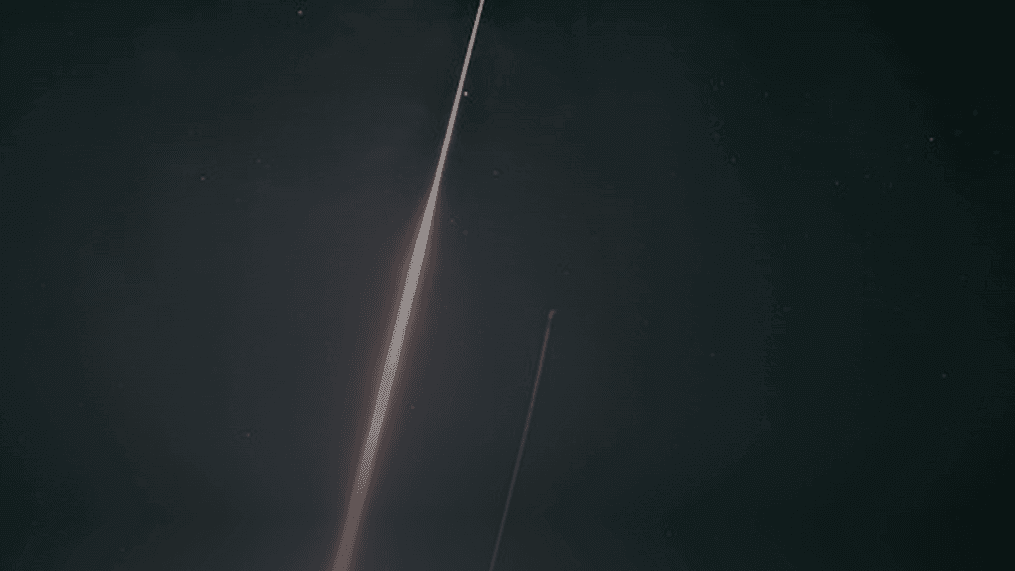University of Iowa, NASA successfully launch rocket to study aurora borealis

IOWA CITY, Iowa (KGAN) – University of Iowa scientists are back home after a weeks-long trip to Alaska to study the aurora borealis.
Dr. Allison Jaynes, an assistant professor at UI's Department of Physics & Astronomy, said she returned to Iowa City Tuesday after leaving for Alaska in late February.
The mission, namedLoss through Auroral Microburst Pulsations, was an attempt to directly observe an aurora Jaynes describes as a "pulsating aurora."
After days of waiting for the weather to clear and the aurora to cooperate, the NASA sounding rocket lifted off from Alaska on March 5, shooting up into the aurora-filled sky.
"Everything kind of looked just perfect," said Jaynes. "We had ground data that suggested, from my point of view, this is one of the best pulsating aurora events I've ever seen on camera data before. So this was just really one of those, 'I can't believe we hit it,' moments."
Physicists and astronomers will continue to dive into the data in the weeks and months to come.
The goal is to use that data as another piece to the puzzle for forecasting and understanding space weather.
"One of the things we still don't really know is how to predict- how to predict anything- space weather, as well as when auroras will form and how intense they'll be and what kinds they'll be," Jaynes says. "So this will be one more data point in our long journey to try and figure out how to forecast and predict space weather events."
